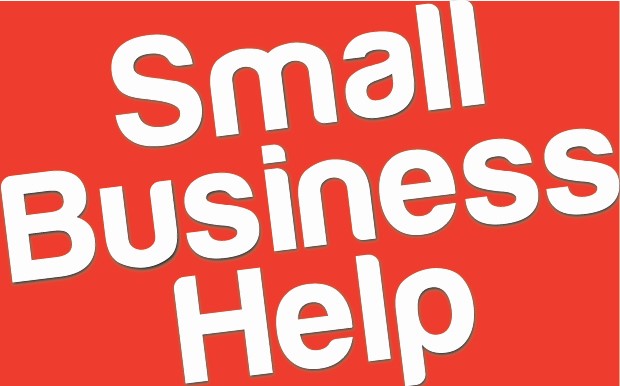August 01, 2019
Written by: Atul Oka, Senior Director of Strategy and Business Development, DUKE Heights BIA
Thinking of starting your own business?
So, you’ve seen all those successful business people in your neighbourhood or on TV, and your inner entrepreneur is screaming to be let loose. You finally relent and decide it’s time for you to try your hand at starting your own business, but where do you start? This series of articles will aim at providing some guidance, not only for all you budding entrepreneurs, but also those who would like to turn their part time hobbies into fully fledged businesses.

Let’s start with a few basic questions. Ask yourself why you want to start a business. Starting a business is Hard, and you need to be clear about why you want to do it. Is it because you want to earn some extra money, or want the freedom that comes from being your own boss? Do you want to build something that will outlast you and create a legacy? Is it perhaps, to pursue a long-held dream or passion?
Now, let’s understand how much you need to earn to survive. Go ahead and jot down all your living expenses. Rent, insurance, fuel and food are all things you need to take into account. This will tell us the minimum amount your business needs to earn for you and will inform our first sales and profit targets. Also understand how much you are able to invest in the business, and how long you will be able to support yourself until your business is able to provide sufficient income.
One of the biggest mistakes entrepreneurs make is not evaluating their business ideas before jumping in and sometimes only finding out, after a lot of wasted time, effort and money, that the idea was not really feasible. Let’s spend some time to fully develop and tweak those business ideas to make sure you stand the best chance at succeeding.
To help us going forward, we need to unpack our business idea. Let’s list the following:
- What product or service are you offering?
- Who are your potential clients? (Try and define your market by defining your clients by their characteristics, age group, lifestyle, spending habits, etc.)
- How large is your potential market?
- How much do you plan to charge or your product or service?
- What will it cost you to deliver that product or service? (Allocate a cost to your time if you are providing a service.)
Keep the answers to all these questions handy as we will refer back to them in future articles and will be integral to creating your business plan. In the next few articles of this series, we will look at your idea/product/service and your target market.





